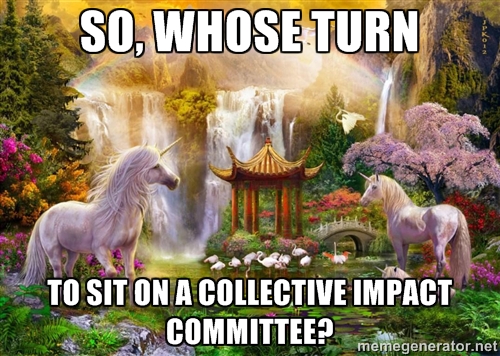 Some people think capacity building is boring. Well, I think it’s sexy, and I’ve spent many hours writing romantic poems about it: “Can Love’s arrows seek truest rapture/Without the quiver of Infrastructure?/Can e’er Equity take flight and sing/Save with steadfast Capacity ‘neath her wings?” (What, like your hobbies are SOOO much more interesting).
Some people think capacity building is boring. Well, I think it’s sexy, and I’ve spent many hours writing romantic poems about it: “Can Love’s arrows seek truest rapture/Without the quiver of Infrastructure?/Can e’er Equity take flight and sing/Save with steadfast Capacity ‘neath her wings?” (What, like your hobbies are SOOO much more interesting).
Since most of my work is now focused on building capacity of communities-of-color-led nonprofits, I’m glad that there seems to be a new resurgence of people talking about capacity building. Here’s a great paper from Grantcraft with cool concrete recommendations for funders including a brief discussion on the importance of general operating funds for capacity building. And here’s one from the TCC Group on what they call “Capacity Building 3.0.” According to this briefing paper, Capacity Building 1.0 is about individuals, Capacity Building 2.0 is about nonprofit institutions, and 3.0 is about the entire nonprofit ecosystem, which includes funders, businesses, even the government.
These white papers are all written by very intelligent people who have thought long and hard about the critical role that capacity building plays in our ability to do our work. After reading through them and other articles on the topic, I want to offer some reflections and recommendations. Continue reading “Capacity Building 9.0: Fund people to do stuff, get out of their way”



